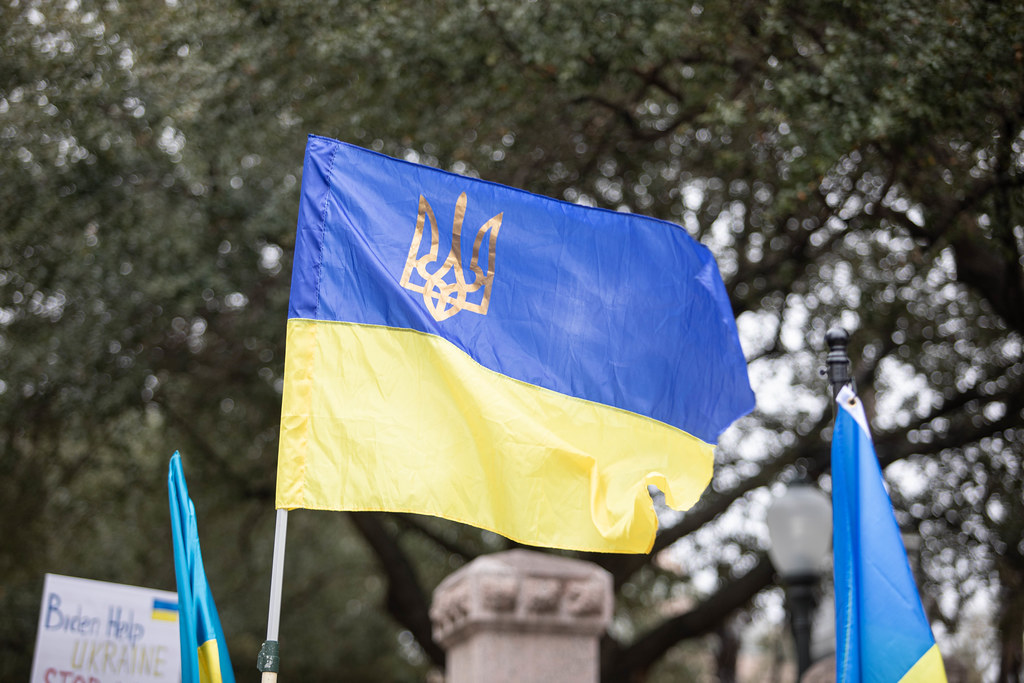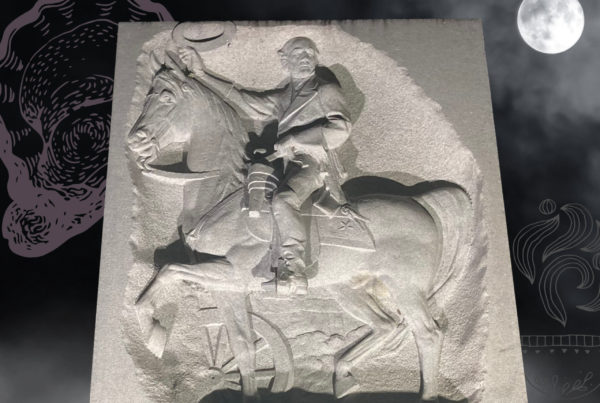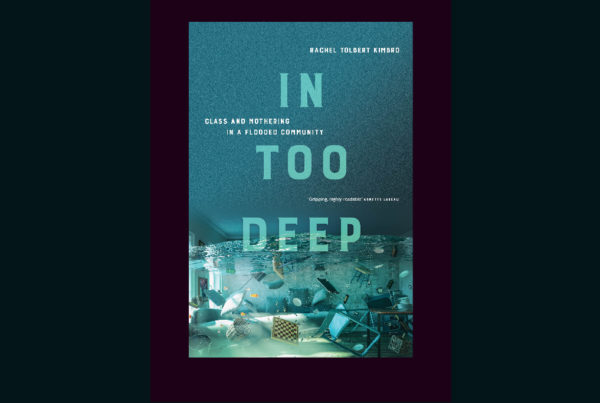It’s been 12 days since Russia invaded Ukraine, and leaders from both countries are now attempting negotiations, for a third time, to try to end the conflict.One of Russia’s demands is that Ukraine change its constitution to prevent it from joining NATO or the European Union.
Meanwhile, Russia has been strengthening its ties with China – a country that also claims control over one of its former territories, Taiwan. Even before its invasion of Ukraine, Russia struck a deal to sell billions of dollars worth of coal to China.
University of Texas at Austin associate professor Sheena Chestnut Greitens spoke with Texas Standard about what these dynamics and relationships mean for the war in Ukraine. Greitens is a distinguished scholar with UT’s Strauss Center for International Security and Law.
Listen to the interview with Greitens in the audio player above or read the transcript below.
This interview has been edited lightly for clarity.
Texas Standard: The third round of talks between Ukraine and Russia are underway in Belarus. The first two meetings did not seem to go anywhere. Do you think anything will be accomplished on the diplomatic front today?
Sheena Chestnut Greitens: I think it’s possible, and obviously many of us watching this who have been horrified by the violence and the carnage inflicted on the Ukrainian people are really hoping that there’s some offramp that can be found to stop the violence and to walk back the invasion that occurred almost two weeks ago.
I think what we’re seeing is that Russia has actually scaled back its negotiating position as of today. The original stance of the Russian government was “denazification” and demilitarization. Really, what it was saying there is that Ukraine — which has been a sovereign country with a democratically elected government that has the right to decide whether it wants to be oriented toward Russia or Europe — didn’t have the right to exist in that way and make those choices for itself as a sovereign country and a democracy. And that was a really maximalist position.
So what we’ve seen this morning is a shift to, well, we’re [Russia] going to take the eastern part of the country and you can’t join NATO or the EU, which Ukraine has already formally, now, applied to do.
I think that what that reflects is that the Russian military operation has not gone as expected; it has not gone well. The Ukrainians have put up a really unexpectedly tough fight to defend their sovereignty and their democracy. So I don’t think we know where this is going to go, partly because we don’t know what kind of offramp Russia will truly accept at this point.
Similar to Russia’s denial of Ukraine as a sovereign country, China considers Taiwan part of China and not an independent nation. What do you think the Chinese government is watching for in the war in Ukraine?
I think they’re watching what it is that has made Ukraine capable of resisting Russian invasion. I think they’re watching what the international response has been. I think they’re watching the pathologies and the problems that have emerged in Russian military performance. I think they’re watching all of that very closely.
But it’s pretty clear at this point that the partnership that Xi Jinping and Vladimir Putin reaffirmed in early February, which included the phrase, “No limits,” that China really, fundamentally, hasn’t deviated from that position. It’s paying some lip service to, “We hope, that there will be a negotiation. We encourage mediation.” But in contrast to even Israel, for example, which did some shuttle diplomacy this weekend, we’re not seeing China take any concrete steps to actually provide any sort of immediate mediation.
I’ve seen some characterizations of China’s position as sort of neutral or ambiguous. I think the lean toward Russia is very, very clear. And perhaps nowhere more clear than it would be entirely possible to even offer sort of straightforward, just humanitarian aid to the people of Ukraine. But when the Chinese foreign minister got on the phone with the Ukrainian foreign minister, instead of offering help, they asked for help in evacuating their own citizens.
And I think that, combined with all the Chinese rhetoric about blaming NATO and the U.S. for this crisis — which is the most consistent talking point they’ve used throughout this whole crisis — really shows that China is not, in any meaningful way, backing off of its support for Russia at this point.
How do you see this complicating things for the United States, as it tries to provide support for Ukraine?
I think that the U.S. has been working very closely with European partners and allies to try to reinforce and support Ukraine. I think there is a longer-term conversation coming about how the U.S. allocates its global forces and what this means for the defense and the protection of Taiwan.













